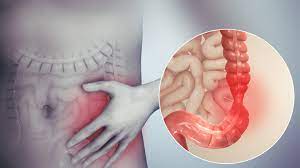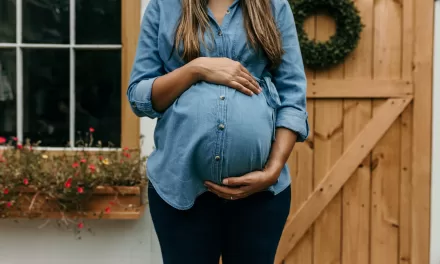A new study published in the New England Journal of Medicine has revealed that a single flu shot is sufficient to protect blood cancer patients—who have not undergone a transplant—from influenza. This breakthrough comes from research led by Peter MacCallum Cancer Centre’s Dr. Victoria Hall and Associate Professor Ben Teh, who found that additional doses or the use of stronger flu vaccines do not provide extra benefits for this vulnerable group.
Blood cancer patients are particularly susceptible to infections due to their weakened immune systems, making the need for effective vaccination strategies critical. “Our research was a collaborative effort to identify the most effective flu vaccination approach for these immune-compromised patients,” said Dr. Hall. “Clinicians have been using multiple strategies, such as administering two doses of the flu vaccine or the adjuvant (stronger) vaccine, in hopes of providing a more robust immune response. However, our clinical trial demonstrated that these methods do not offer additional protection.”
Associate Professor Teh emphasized the practical implications of the findings. “Many patients find it challenging to receive two doses, and our trial provides solid evidence that a single, age-appropriate flu vaccine is all that is needed for blood cancer patients who have not had a transplant. This will also help streamline the use of vaccines available through the National Immunization Program,” he explained.
While the study results provide clarity on the effectiveness of a single vaccine dose, Teh also pointed out that efforts should now focus on improving flu vaccine uptake and further protecting patients, especially those with chronic lymphocytic leukemia and non-Hodgkin lymphoma.
The study marks an important step in optimizing flu prevention for blood cancer patients, who remain at high risk during flu season.
For more information, you can access the full study by Victoria G. Hall et al, Influenza Vaccination Strategies in Patients with Hematologic Cancer, published in New England Journal of Medicine (2025). DOI: 10.1056/NEJMc2406750.












